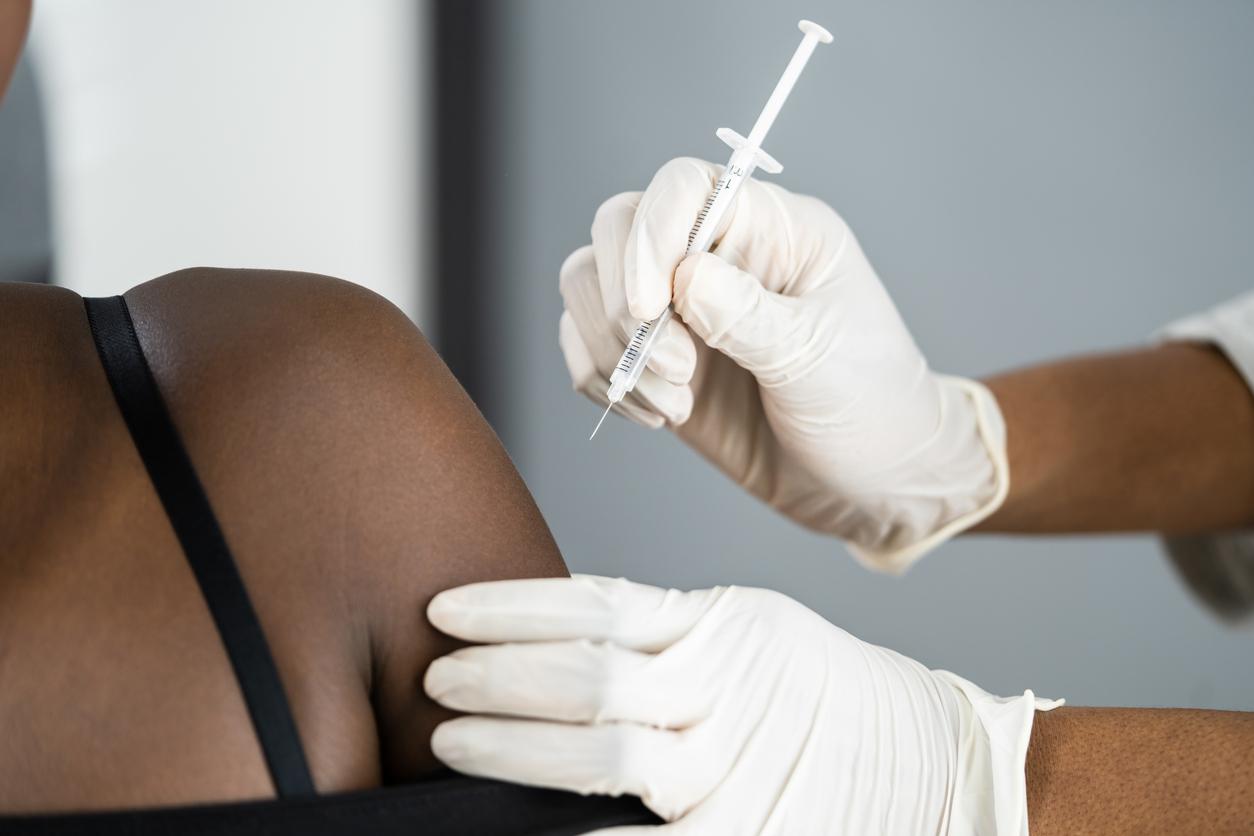Surveillance data from the Centers for Disease Control and Prevention (CDC) indicate a spike in norovirus outbreaks in the United States.
Data from the CDC's NoroSTAT network, which provides real-time reporting of norovirus outbreak activity in 14 states, show that 91 outbreaks were reported for the week ending December 5, which is the last week data were reported by state health departments. That's up from 69 the previous week and is significantly higher than the maximum average (41) reported for the same week in previous years. It's also higher than the maximum average number of outbreaks (65) reported in early December in the years before the COVID-19 pandemic.

Data from the CDC's National Respiratory and Enteric Virus Surveillance System show that 22% of norovirus tests were positive for the week ending December 21, which is also higher than seen during the same time period in recent years.
Norovirus is a highly contagious virus that causes sudden gastrointestinal symptoms. It's the leading cause of vomiting and diarrhea in the United States, with an estimated 19 million to 21 million illnesses and 2,500 outbreaks reported each year. It's also the leading cause of foodborne illness. Outbreaks can occur year-round but are most common from November to April.
Cruise ship outbreaks
Norovirus outbreaks typically occur when infected people spread the virus to others through direct contact or through shared exposure to contaminated water, food, or surfaces. Hospitals, restaurants, schools and childcare centers, and cruise ships are among the most common settings for outbreaks.
Data released earlier this week by the CDC show that 16 cruise ship norovirus outbreaks were reported in 2024, including 5 in December that sickened 890 passengers and crew members.












